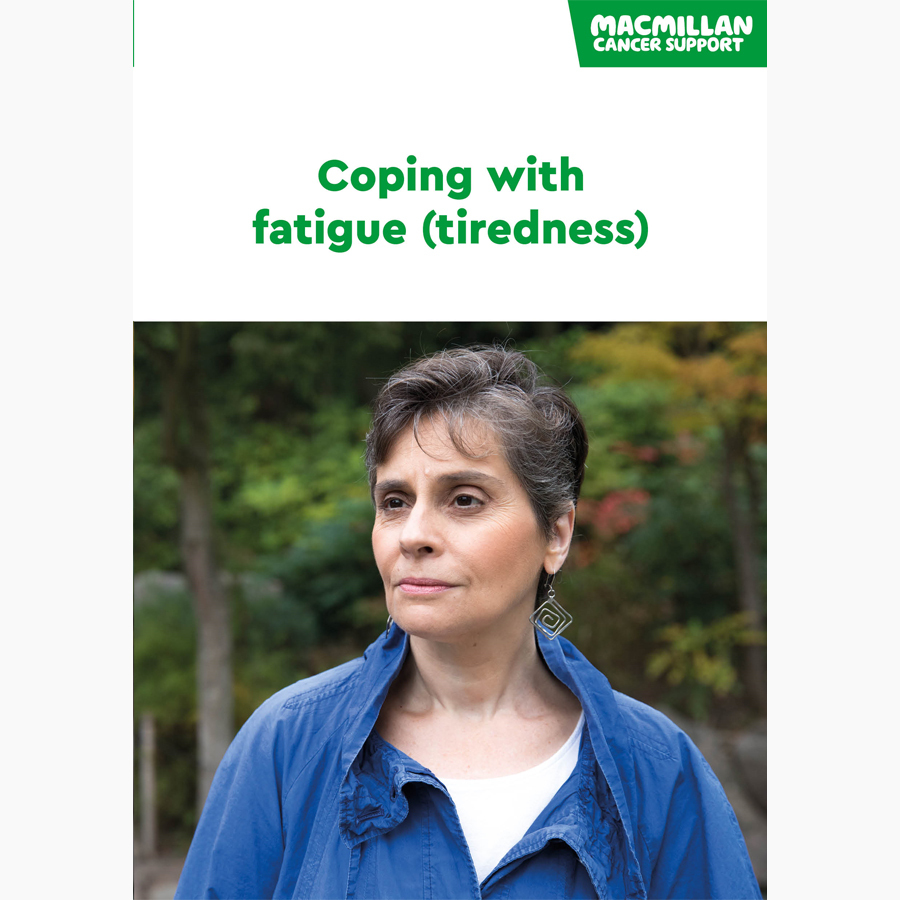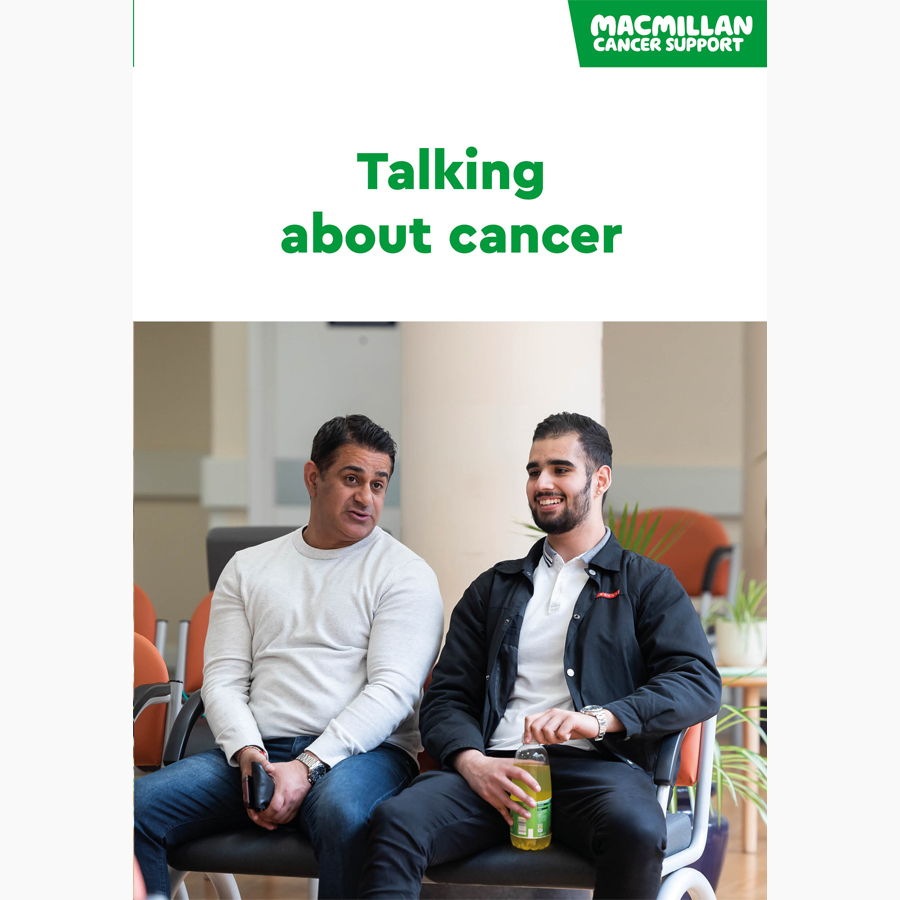Loss of confidence and cancer
Having a cancer diagnosis can make you feel less confident and building your confidence takes time.
Your confidence after cancer
Having cancer can make you feel less confident. You may feel that you lost some of your independence during your treatment. Your role in your family or at work may have changed. These roles may be important to how you think about yourself.
Your social life may have changed during and after treatment too. You may not be in contact with your friends as much as you were before treatment.
You may worry about what you are able to do and cope with. Or you may feel less comfortable or confident doing things that you found easy before.
Side effects such as tiredness may mean you do not go out as much as before.
Physical changes caused by treatment can also affect your confidence. We have more information about learning to cope with changes to your appearance and body image.
Related video
Coping with loss of confidence
Building your confidence takes time. You may find that things improve as you start to recover from cancer treatment. You may learn new ways of doing things for yourself again.
It is best to set yourself small goals you know you can meet. Work towards larger goals by breaking them into smaller steps.
Perhaps your goal is to be able to enjoy a holiday, but the thought makes you anxious. Even 1 night away might be worrying. It might help to start by doing a day trip. Go somewhere you know well and can travel to easily. You may decide to only stay for 1 hour or so. The important thing to remember is that this is a step in the right direction.
As you achieve each goal, your confidence will start to grow. Remember to notice every success, no matter how small it seems. You might want to celebrate or reward yourself somehow. This may be as simple as writing about it in a diary. Or you could do something you enjoy, such as going to the cinema or out for a meal.
Be kind to yourself
Find time to do something you enjoy every day. This may be:
- watching your favourite TV programme
- reading a magazine
- doing a hobby.
Try to find time to see friends or family members regularly. It is good to do this even if you do not feel like it. Spending time with other people can help improve your mood if you feel down.
Recognise your successes, even the small ones. This will help build up your confidence as you get back into your usual routine.
Getting support
Macmillan is here to support you. If you would like to talk, you can:
- Call the Macmillan Support Line for free on 0808 808 00 00 (7 days a week, 8am to 8pm).
- Chat to our specialists online.
- Visit our emotional support forum to talk with people who are dealing with the emotional impact of cancer, share your experience, and ask an expert your questions.
We have more information about cancer and mental health support.
About our information
This information has been written, revised and edited by Macmillan Cancer Support’s Cancer Information Development team. It has been reviewed by expert medical and health professionals and people living with cancer.
-
References
Below is a sample of the sources used in our diagnosis and staging information. If you would like more information about the sources we use, please contact us at cancerinformationteam@macmillan.org.uk
Common mental health problems: identification and pathways to care. Clinical guideline [CG123]. Published: May 2011. Available from: www.nice.org.uk/guidance/cg123 (accessed November 2022).
Depression in adults: treatment and management. NICE guideline [NG222]. Published: June 2022. Available from: www.nice.org.uk/guidance/ng222 (accessed November 2022).
Maheu C, Singh M, Lam Tock W, Eyrenci A, Galica J, Hébert M, Frati F and Estapé T. Fear of Cancer Recurrence, Health Anxiety, Worry, and Uncertainty: A Scoping Review About Their Conceptualization and Measurement Within Breast Cancer Survivorship Research. Front. Psychol., 12 April 2021. Sec. Psycho-Oncology. Available from: www.doi.org/10.3389/fpsyg.2021.644932 (accessed November 2022).
Date reviewed

Our cancer information meets the PIF TICK quality mark.
This means it is easy to use, up-to-date and based on the latest evidence. Learn more about how we produce our information.
The language we use
We want everyone affected by cancer to feel our information is written for them.
We want our information to be as clear as possible. To do this, we try to:
- use plain English
- explain medical words
- use short sentences
- use illustrations to explain text
- structure the information clearly
- make sure important points are clear.
We use gender-inclusive language and talk to our readers as ‘you’ so that everyone feels included. Where clinically necessary we use the terms ‘men’ and ‘women’ or ‘male’ and ‘female’. For example, we do so when talking about parts of the body or mentioning statistics or research about who is affected.
You can read more about how we produce our information here.





